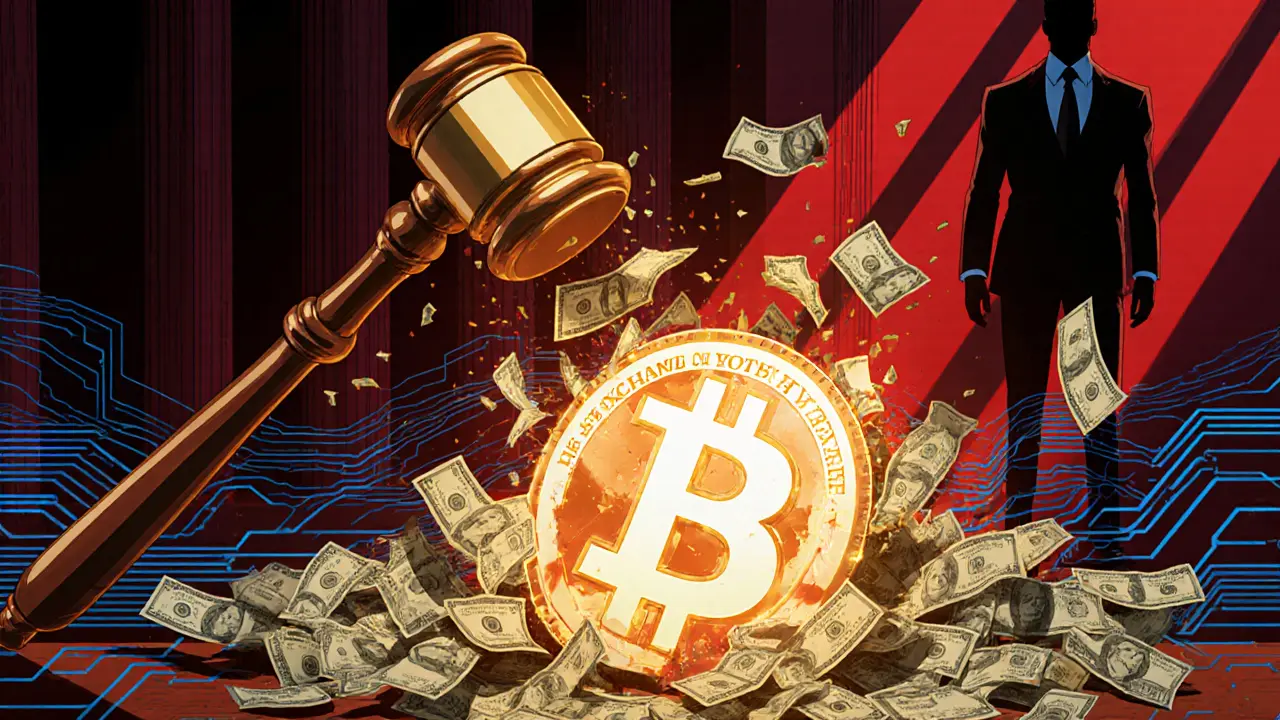SEC Crypto Fines: What They Mean for Investors and Exchanges
When the SEC crypto fines, penalties issued by the U.S. Securities and Exchange Commission against crypto companies for violating federal securities laws. Also known as crypto enforcement actions, these fines aren’t just paperwork—they’re a signal that the era of unchecked crypto growth is over. The SEC isn’t going after random tokens. It’s targeting platforms that sold unregistered securities, exchanges that operated like broker-dealers without licenses, and projects that promised returns without disclosures.
Take Kraken, a major U.S. crypto exchange that settled with the SEC for $30 million in 2023 for offering staking services as unregistered securities. Or Coinbase, fined over $100 million for listing tokens that qualified as securities without registering them. These aren’t isolated cases. The SEC has fined over 20 crypto firms since 2021, and most of them were offering something that looked like an investment contract—staking rewards, yield programs, token sales tied to future profits. The pattern? If a project promises returns based on the work of others, the SEC sees a security.
What does this mean for you? If you’re holding a token that’s been flagged by the SEC, your exchange might delist it. If you’re using a platform without clear compliance, your funds could be at risk. The SEC doesn’t care if you thought it was a coin or a utility token. If it acts like a stock, it’s treated like one. That’s why you’ll find posts here about exchanges like ICRYPEX, a Turkey-based platform with shaky security claims and no regulatory oversight. Or Ju.com, a global exchange with aggressive airdrops but no transparency on how it handles investor protections. These aren’t just risky—they could be next on the SEC’s list.
The crackdown also explains why so many airdrops and IDOs now come with disclaimers. Projects like IDTT Identity, a blockchain identity project with a 2025 IDO. are careful to avoid promising financial returns. They focus on utility, not speculation. The same goes for tokens like JOE, Trader Joe’s native token on Avalanche, which is used for governance and fee discounts, not passive income. These are the projects surviving the SEC’s scrutiny.
You’ll find posts here that cut through the noise—exchanges that are safe, tokens that are dead, airdrops that are scams. The SEC’s fines didn’t just punish companies. They changed the game. Now, you need to know what’s legal, what’s risky, and what’s just plain fake. Below, you’ll see real examples of what’s working, what’s not, and how to protect yourself in this new reality.
